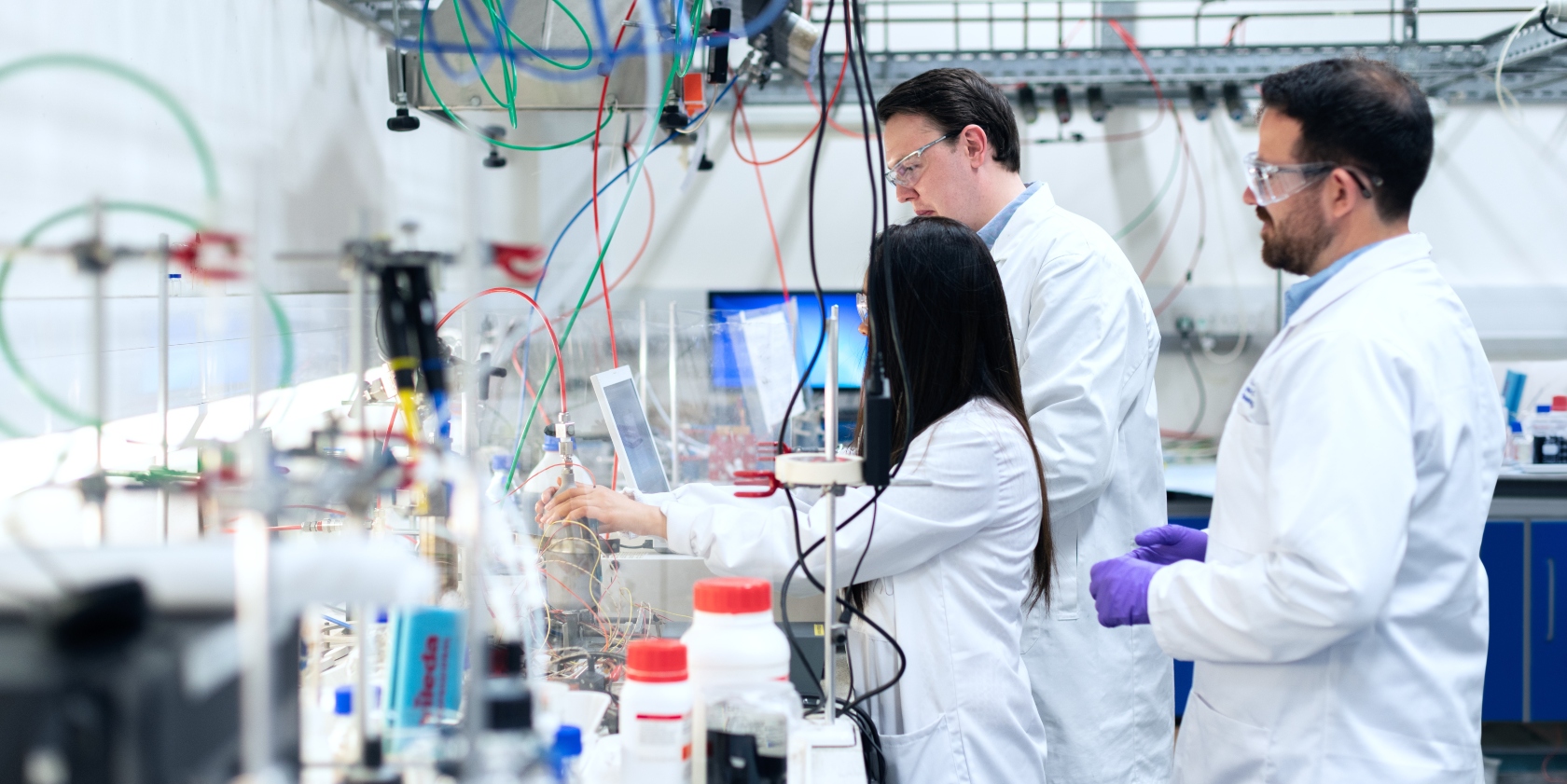
June 8, 2021, by indybamra1
4 Ways To Boost Your Employability Using Lab Skills
By Peter Kay, Senior Careers Adviser
The last 16 months have been challenging for many reasons, not least the lack of laboratory time as part of your course. Looking for a job or PhD degree that requires a level of laboratory skills makes applying for an opportunity even more challenging. Or does it?
So what can you do to be successful?
Laboratory-based opportunities will state the level of experience required and the first task is to understand the scope of the role, the job, and person specification. Some opportunities will be very specific about what is required, and you may need to explore ways to gain specific experiences.
However, other opportunities may be more open-ended. For example, you may see phrases such as ‘You will have a recent undergraduate or postgraduate degree (BSc, MSc, or similar) in life sciences. Work experience in related research or health setting is desirable but not essential.’ Or ‘The aim of this studentship is to provide the PhD student with a first-class training experience both in academic and non-academic partner organisations.’
What you can take from the above phrases is that the employer and the University are looking for a level of education and laboratory experience. They are also saying that training and development would be part of the job/PhD degree.
The second task if you are unsure about your suitability for a job or PhD degree, is to consider doing a skills audit on what you can do and the level of proficiency. Quite often people tend to focus on what skills they lack rather than what they have.
What should you focus on?
- Laboratory skills
- Literature reviews
- IT proficiency
- Project experience
- Science communication
- Technical equipment
- Presentations.
If you feel that you have gaps in your skills, talk to a career adviser about the opportunities and options available to you to address these development needs.
The third task is to consider how you need to apply (CV, covering letter, or application form). If in doubt about your suitability, consider approaching the employer or supervisor before applying to discuss your interest in the position. Many graduate employers understand that your laboratory experience will have been affected by the Covid-19 pandemic and they may consider this when assessing your suitability for the role.
The fourth task is to reflect on the experience you have and then put together your application. For example, break your approach into four distinct groups:
- your interest in the organisation and the role
- what you can bring to the role (skills, enthusiasm, interest, knowledge, etc.)
- your career aspirations
- what you hope to achieve in the role.
We are always here to support you. You can access support with your applications through a wide range of materials on our website or book an appointment with one of our careers advisers who can help you with any of your career-related concerns.
Next Post
Tracking Down the Right PlacementNo comments yet, fill out a comment to be the first

Leave a Reply